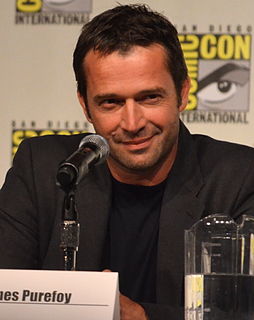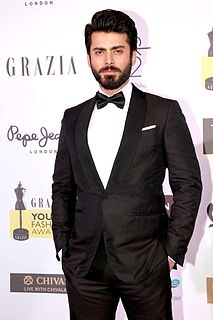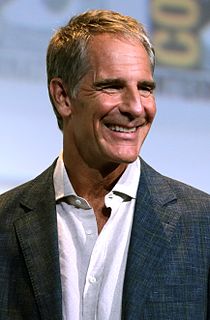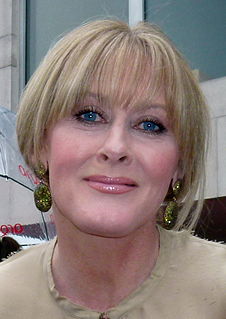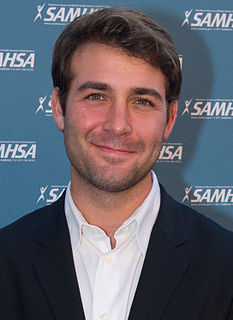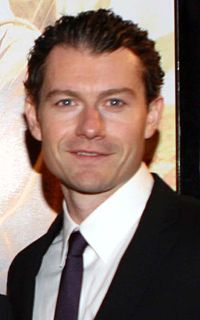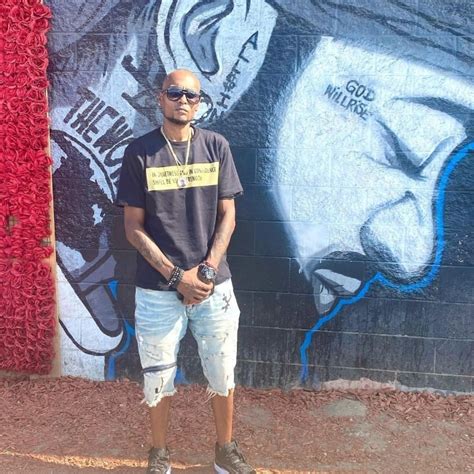A Quote by James Purefoy
I'd never read a piece of television where it's an hour script and it's perfect.
Related Quotes
Directing is a reactionary job more than a creation job. The job is to react whether it's moment one, the first time you read the script or see an article or read a book or notice something happen on the street and have an idea for a movie, and it just continues from there on in. You're just reacting to dialogue, a performance, an audition, a headache, a piece of furniture, a piece of clothing.
When you start out as an actor, you read a script thinking of it at its best. But that's not usually the case in general, and usually what you have to do is you have to read a script and think of it at its worst. You read it going, "OK, how bad could this be?" first and foremost. You cannot make a good film out of a bad script. You can make a bad film out of a good script, but you can't make a good film out of a bad script.
As we were negotiating, I didn't have a script. Once the deal is closed, they let you read the script. So, I got the script and was reading it like, "Oh, please be good!," because I'd already signed on the dotted line. And I read it and just went, "Okay, I'm going to be okay. Thank god!" It was a really funny, moving story.
I had to audition for Fandango. When I read the script, the role that was interesting - so everyone thought - was the role that Costner played. He was the cool guy. And I read the script, and my representation at the time said, "That's the role you should read for." And I was like, "Really? How about I read for this other role." And they went, "Well, you're not going to get that role."
